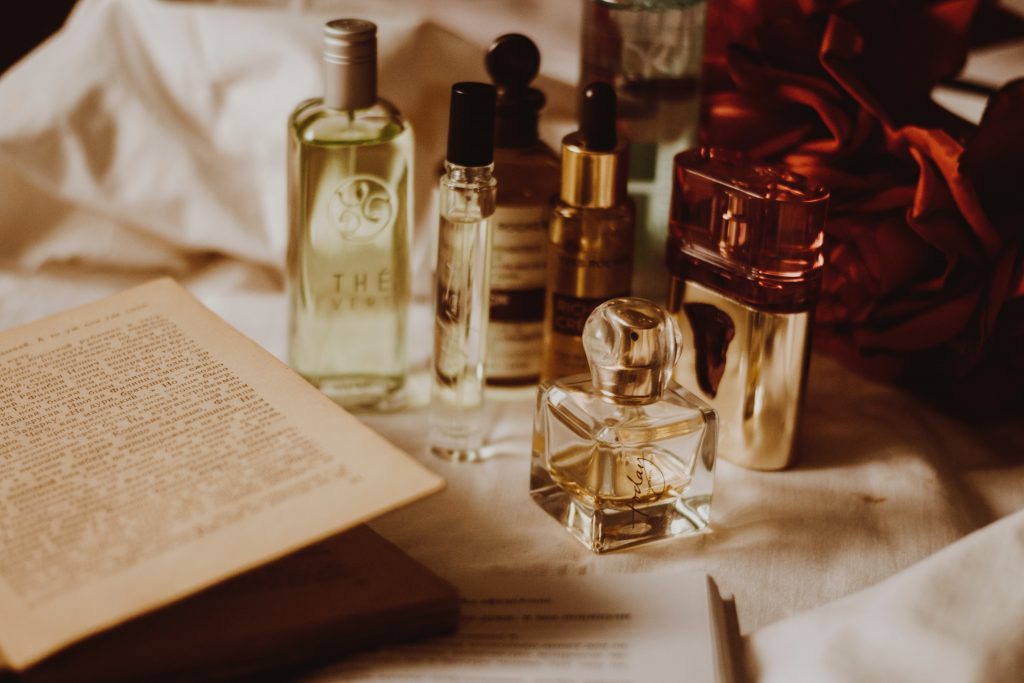Recent research found that many perfumes sold in Belgium contain harmful chemical substances, highlighting that current legislation does not sufficiently protect consumers.
The research by Belgium's Kom op Tegen Kanker (Fight against cancer), the Dutch Stichting Tegengif and the Danish Consumer Association found dangerous chemical substances, associated with hormone imbalance (endocrine disruptors), reduced fertility, allergies and environmental damage, in several perfumes.
“Long-term exposure to endocrine disruptors, even in low doses, may contribute to the development of some breast cancers,” Ann Gils, director of prevention and early detection, Kom op Tegen Kanker, said.
The organisations selected 20 perfumes from well-known brands such as Giorgio Armani, Hugo Boss and Lancôme and compared the ingredients with lists of substances of concern from the Danish government, the European Commission and other authorities.
Related News
Some perfumes contained the substance ethylhexyl methoxycinnamate, commonly used in cosmetics to make products last longer. The chemical is difficult to break down in the environment, resulting in it being found in drinking water all over the world.
Meanwhile, another endocrine disruptor – the fragrance substance butylphenyl methylpropional, also known as lilial – was found in one perfume.
“This is a reproductive toxic, which means that it can make you infertile or can lead to abnormalities in the development of the foetus or embryo,” Annelies den Boer, chair of Stichting Tegengif, said. The chemical will be banned from cosmetics in the EU as of March 2022.
Limited consumer protection
The report "What's that smell: problematic chemicals in perfume,” raises concerns about the cumulative exposure to harmful chemicals through skincare products, cosmetics and perfumes.
"Many consumers use between 12 and 16 personal care products per day. This can expose them to more than 160 chemicals, including endocrine disruptors, on a daily basis,” the organisations stated.
They warned that, more worryingly, current legislation does not sufficiently protect consumers from being exposed to such chemicals.
"It is crucial to be exposed to these chemicals as little as possible. There is an urgent need at the Belgian level to implement the 18 preventive, regulatory and research actions described in the National Action Plan on Endocrine Disrupters,” Gils said.
Smelling good, safely
The organisations published concrete tips for consumers to reduce their exposure, from buying perfume-free products to spraying perfume on clothes instead of on your skin.
Care products with the EU Ecolabel are also safer, as substances with endocrine-disrupting properties cannot be given this label since October 2021.
Finally, the organisation recommend using product information apps such as Yuka, which allows consumers to scan personal care product to get information about the substances it contains.
"This way, you as a consumer can make an informed decision about which products to use or not,” the organisations said.

